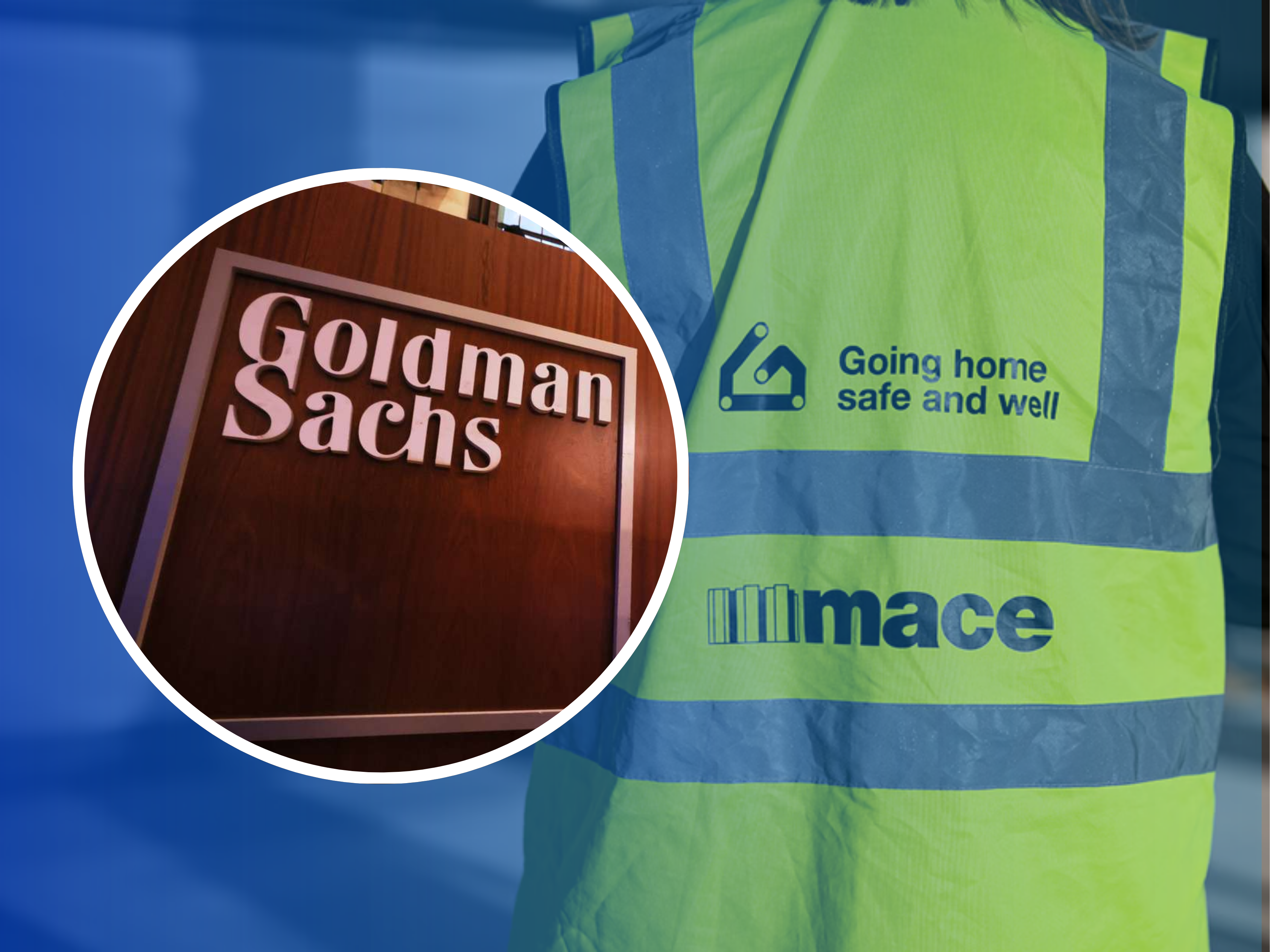- The Daily Brief, by The Kenyan Wall Street
- Posts
- The Great Budget Sprint
The Great Budget Sprint
Kenya's #1 newsletter among business leaders & policy makers


Newsletter Sponsor
Hello 👋🏽 It's Brian from The Kenyan Wall Street.
In today's newsletter, State House and other gov't offices have received nearly their full budgetary allocations for the fiscal year that is not even half way.
Also, digital fraud in Kenya is on the rise; new accounts are particularly being targeted.
The Great Budget Sprint
By Brian Nzomo

Kenya’s top state offices are racing through their budgets, with State House alone burning 81% of its recurrent allocation in the first quarter of the fiscal year. The Deputy President’s Office, security agencies, and social programs are similarly frontloading their spending, suggesting another round of supplementary allocations may be on the horizon. Meanwhile, development projects — from roads to energy — remain largely on hold, highlighting a clear prioritization of salaries over infrastructure. The pattern points to a government focused on keeping the machinery running, while the country’s longer-term growth ambitions wait in the wings.
Read the full article here >>>>>
Beware! Digital Fraud on the rise
By Brian Nzomo

Kenya is emerging as one of Africa’s prime targets for digital fraud, with nearly one in twenty new online accounts flagged as suspicious in early 2025. The gaming sector, betting and poker platforms, recorded the highest fraud rates amid the surge of AI-driven scams. Even as online systems adopt biometric verification and AI tools, the threats evolve faster than the protections. Ordinary Kenyans are being probed relentlessly by vishing, phishing, and smishing schemes. In this quiet war of data and deception, the question lingers: who is really safe online?
Read the full article here >>>>>
ABSA Bank Profits Up 15%
By Harry Njuguna

ABSA Bank Kenya's Loans and advances
Absa Bank Kenya’s third-quarter results read like a quiet contradiction: higher profits, but a loan book that continues to shrink.
Financial Snapshot:
🟢 Profit After Tax rose 14.7% to KSh 16.9 billion, powered by lower costs and stronger non-interest income.
🔴 Interest from loans continued its decline, falling to KSh 32.6 billion
🟢 Operating income held steady at KSh 46.56 billion as non-interest revenue climbed 11.2%.
🟢 Impairments fell nearly 40% and operating expenses dropped 13%.
🔴 The loan book contracted for a second straight year to 309.7Bn.
Read the full financial analysis here »»»»»
More in Markets

OPINION : Why Credit Access Needs to Be Recognised as a Human Right
By Julius Ouma

Access to credit sits quietly behind nearly every form of progress, yet it remains the one essential tool still treated as optional. Kenya’s financial system has widened its reach, but large segments of women, informal workers, and rural enterprises remain shut out, relying on fragile, informal networks to stay afloat. This exclusion doesn’t just limit income but also restricts agency, mobility, and the ability to imagine a future beyond subsistence. Microfinance interventions show how transformative even small, well-designed loans can be, from powering green households to helping micro-businesses stand upright. If freedom means more than survival, then guaranteed access to capital may be the missing pillar in the country’s social and economic rights framework.
Read the opinion article here >>>>>
Also Read
On Your Watchlist
In this exclusive interview, The Kenyan Wall Street Founder and Chairman Eric Asuma sits down with Dilip Pal, the Group Chief Finance Officer of Safaricom PLC, as he dives deep into the company's strong half-year financial results for the first half of the financial year 2026.
Keep up with what’s happening on our X and LinkedIn pages. Stay updated with the latest financial news on our website The Kenyan Wall Street.


